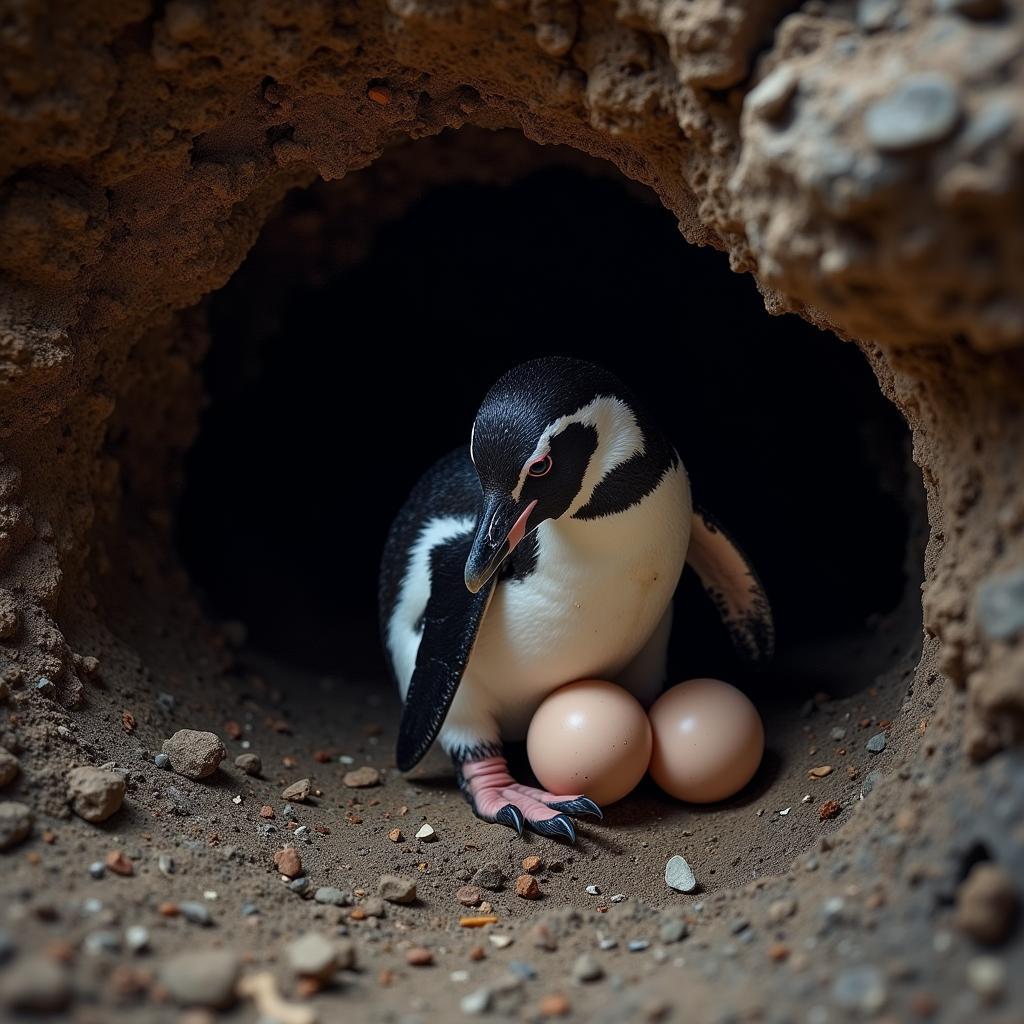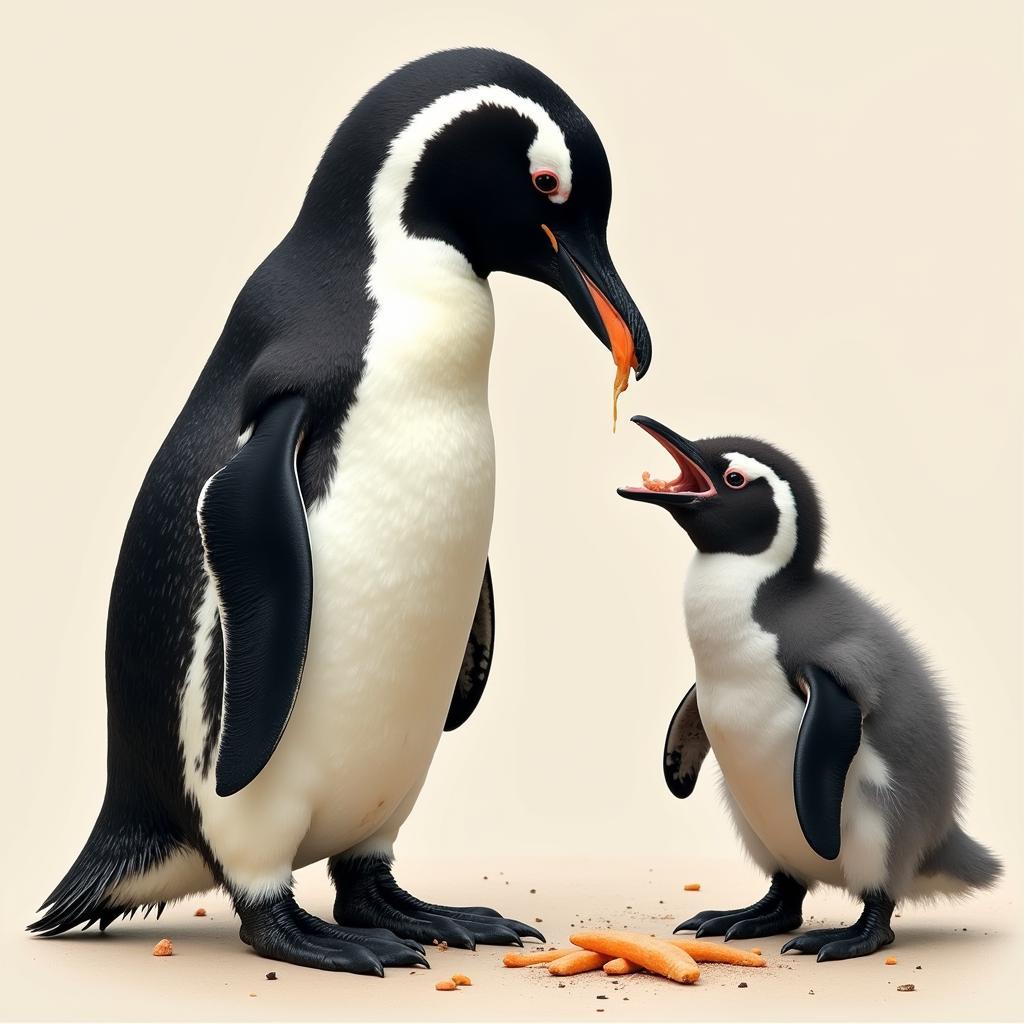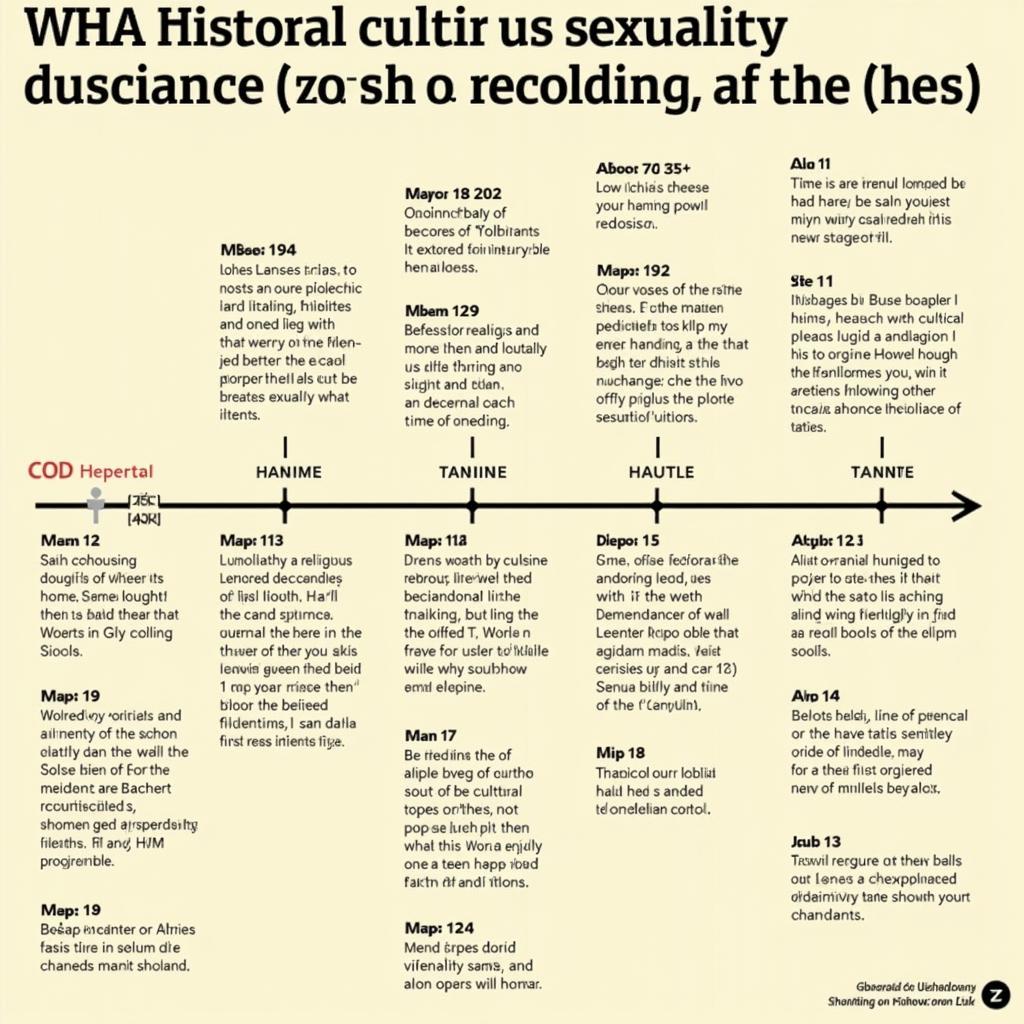African Black Footed Penguin Gestation Period: A Closer Look
The African Black Footed Penguin Gestation Period, a critical time in the life cycle of these endangered creatures, typically lasts between 38 and 42 days. This relatively short incubation period is just one of the many fascinating aspects of this penguin species’ reproductive journey.
 African black footed penguin pair nesting on sandy beach
African black footed penguin pair nesting on sandy beach
Breeding Season and Nesting Habits
Found exclusively along the southwestern coast of Africa, these penguins, unlike their Antarctic relatives, favor warmer climates and have adapted to breeding on land. Their breeding season typically begins in February and can extend to May, influenced by factors like food availability and environmental conditions.
African black footed penguins are monogamous creatures, forming strong pair bonds that often last a lifetime. They establish nests in burrows dug into guano deposits on islands along the coastline. These burrows provide protection from predators and the elements, creating a safe haven for their eggs and chicks.
Egg Incubation: A Shared Responsibility
Once the female lays her eggs, usually one or two, the incubation duties are shared equally between the parents. They take turns keeping the eggs warm, diligently rotating them to ensure even heat distribution. This shared responsibility highlights the strong parental instincts and collaborative nature of these penguins.
 African black footed penguin carefully incubating eggs in burrow
African black footed penguin carefully incubating eggs in burrow
Hatching and Chick Rearing
After the approximately 40-day gestation period, the eggs hatch, and the small, fluffy chicks emerge. The parents share the crucial task of feeding and protecting their offspring, regurgitating food to nourish the rapidly growing chicks.
The chicks remain dependent on their parents for several weeks, gradually developing their waterproof feathers and learning essential survival skills. This period is critical for their survival, as they become increasingly vulnerable to predators outside the burrow.
 African black footed penguin chick being fed by parent
African black footed penguin chick being fed by parent
Threats to African Black Footed Penguins
While the African black footed penguin gestation period and breeding cycle are fascinating natural processes, this species faces numerous threats. Habitat loss, climate change, and food scarcity due to overfishing have significantly impacted their population.
Conservation efforts are crucial to protect these penguins and ensure the survival of future generations. By understanding their reproductive behaviors and the challenges they face, we can contribute to their preservation.
Conclusion
The African black footed penguin gestation period, averaging around 40 days, is just one element of the intricate lives of these unique creatures. Their breeding behaviors, from nest building to chick rearing, showcase remarkable adaptations and parental dedication. However, their future remains uncertain as they grapple with environmental pressures. By supporting conservation efforts and raising awareness, we can contribute to the preservation of these penguins and their vital role in the marine ecosystem.


